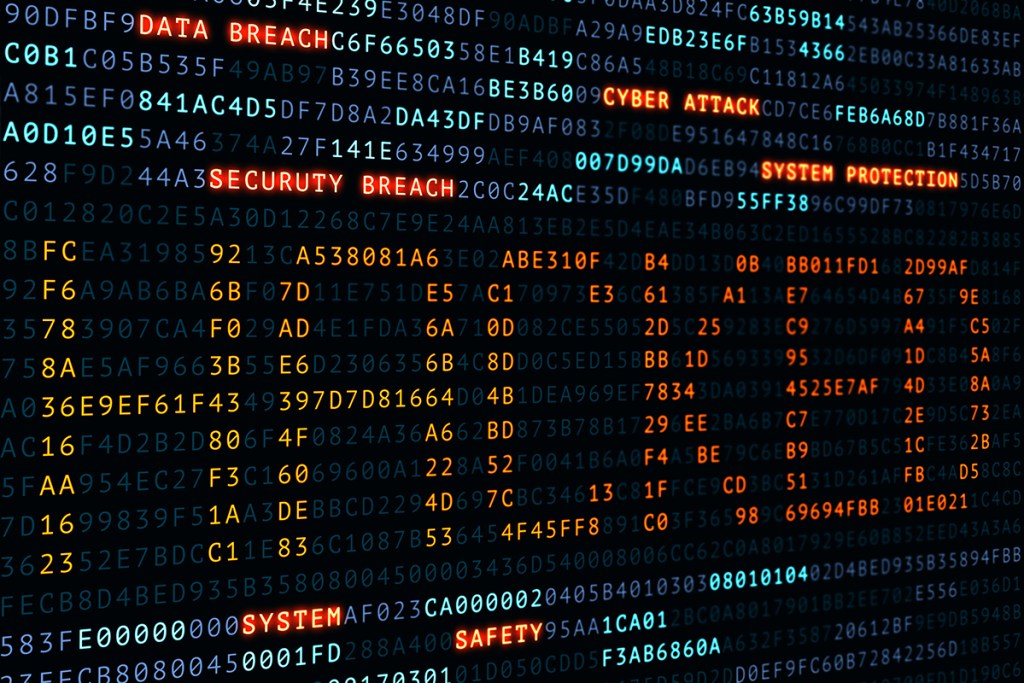Are You on a Hacker Watchlist?
Are there things you’re doing or not doing to land on a hacker watchlist? Is your company a fat target on the radar of cybercriminals? We cover 3...

Unhappily, malware is not a foreign term. In fact, it’s pretty well known to anyone that uses a laptop or desktop. There are different types of malware, as well as mediums in which you may obtain it. So, before you click on that link for a free $100 Amazon gift card, think about all of your personal data that you could be giving away.
These act very similar to the common flu virus. Once it gets into a computer, it reproduces by replicating itself and becoming part of another program. Then just like the flu at grade school, it spreads from computer to computer. However, a virus must be activated, by opening or running the file. Other viruses include worms and trojans.
This type of malware operates just as its name indicates. It is a software that usually piggybacks on authorized downloads. Once it is in your PC, it spies on all the info you key in and sends it to a website. The first sign that spyware installed on your PC, is usually is a slow computer since it takes up many resources to run.
We all understand this one all too well. Those annoying pop-ups telling you your computer is infected or that you won money. These also piggyback on other applications or downloads, such as free computer wallpaper, widgets or toolbars. Adware is kind of complicated. Inherently it isn’t dangerous to your computer, annoying, but not threatening. However, once clicked on you’ve basically started the floodgates.
With the prevalence of cryptocurrency, ransomware has become more abundant. Often, this sort of malware won’t harm your computer… right away. Rather, it locks it and holds it captive. The hacker demands a ransom and will give a key only if and once the ransom has been paid. If not, the hacker will usually clear your computer of all of its data.
This is another type of malware starting to gain notoriety due to the cryptocurrency gold rush. Botware ultimately turns your PC into a zombie by drowning it with denial-of-service attacks. It helps conceal anything going on beneath the surface. A shocking symptom of botware is a more expensive electric bill. Your computer’s CPU will be running constantly and the fan will operate for longer than normal.
This has been getting progress on Google, so much so, they created an exclusive landing page asking consumers to notify malvertising and describing how to combat it. The way this operates is that cyber-criminals use certain types of display ads to distribute malware. Some ways you’d view malvertising are through auto-redirecting ads that will take you to a phishing page, clickbait and malicious code hidden within an ad.
Gloomily, cybercriminals normally use certain ad networks because of the high volume of ads they distribute. It makes it especially easy for them to launch a code into an ad without the advertiser having the slightest clue. The most serious malvertising connects users’ computers to an exploit kit that covers analysis on the defending computer, looking for vulnerabilities and exploiting them. From there, attackers can install malware, ransomware or gain full access to the computer and sensitive information. Sometimes Google may even flag your website for hosting malware, which will affect how you show up in search results.
Similar to most other malware situations, the best way to keep it from ruining your device or even your life, is to keep everything up to date. It is necessary to ensure any scripts ads may be operating on are current. This incorporates programs like Java, Flash and Microsoft Silverlight. Ad networks are working carefully to stay above the curve, but it is your duty to help with that.
Be sure to notify any questionable ads to Google. If the ad’s script contains suspicious code, including encrypted code, it should be treated with suspicion. Remove the ad from your website and report it to your ad network. Also, there are many ad confirmation websites that help back check ads for suspicious code. The bottom line with any mischievous malware is to keep your eyes open and report foul play.
But do you really have time to run your business and keep tabs on all of this? There is a convenient alternative: we can manage your cybersecurity for you. In fact, Cortavo defends all of your employees with hard drive encryption, antivirus software and secure firewalls, plus non-stop monitoring to ensure the soundness of your office IT. Contact us here or call us directly now at 1.866.267.8286 for a worry-free ally to bolster your cybersecurity.

Are there things you’re doing or not doing to land on a hacker watchlist? Is your company a fat target on the radar of cybercriminals? We cover 3...

What Is Cybersecurity? The modern world demands that we all remain cyber aware. Today the average American enjoys access to over 10...

The majority of people are mindful of security terms such as malware and phishing, but do you know those are a part of a much larger scheme called...